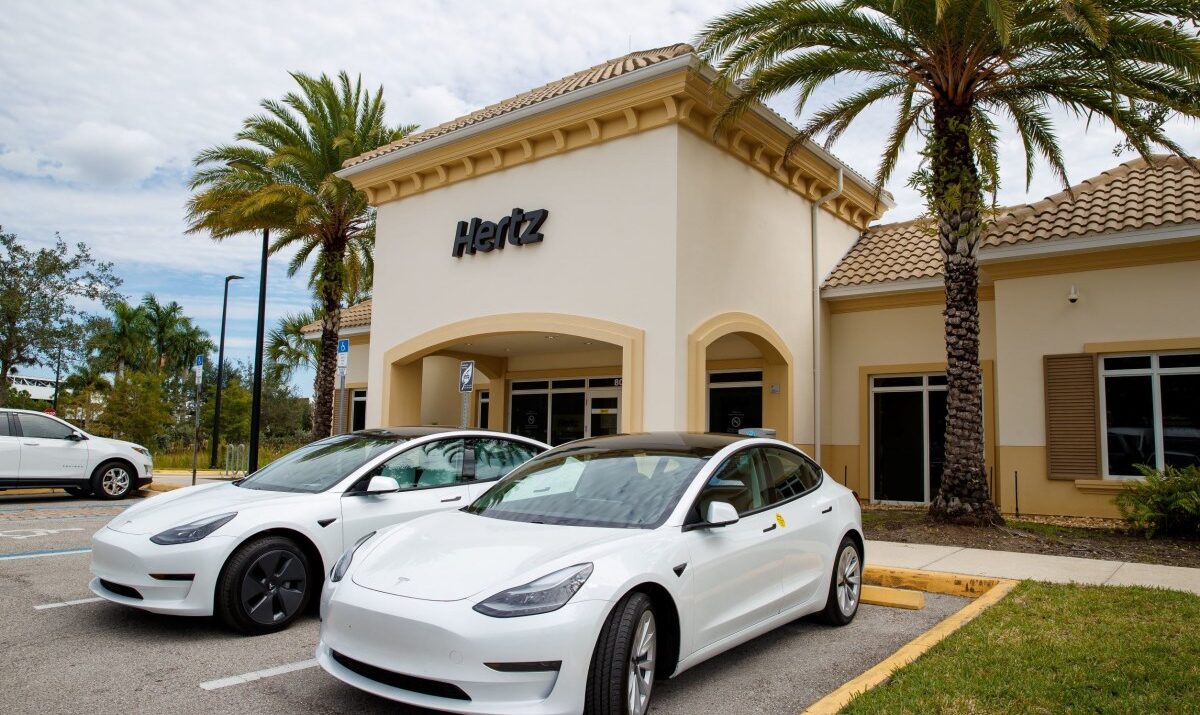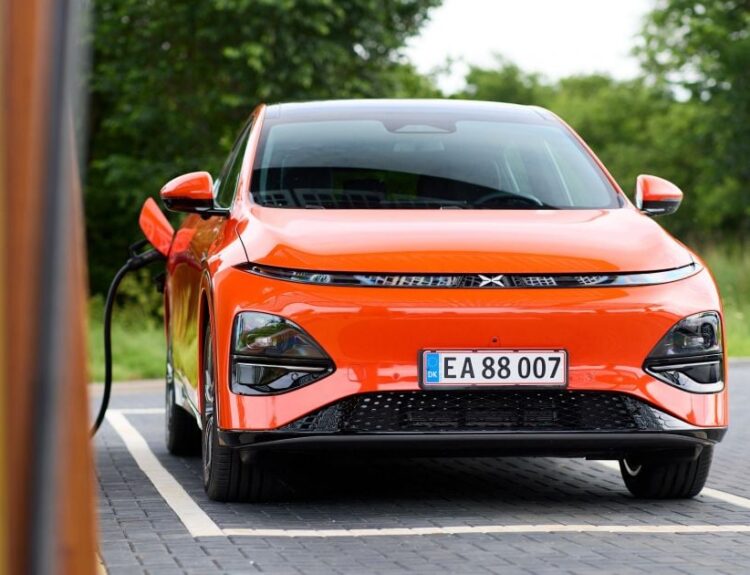Hertz’s ambitious initiative to procure 100,000 Tesla Model 3 electric vehicles for its rental fleet marked a bold endeavor that few others chose to replicate. However, this strategy has not unfolded as planned; rather, it has exposed significant challenges in the electric vehicle rental market.
The company, long beleaguered by financial turmoil, has faced a glaring reality: a much smaller customer base willing to rent electric vehicles, coupled with steep repair expenses and rapid depreciation rates. The depreciation of these cars has proven so severe that it makes the velocity of a meteorite’s fall appear leisurely by comparison.
### Analyzing Hertz’s Tesla Venture
The turbulent situation can be attributed both to Hertz’s miscalculated strategy and the pricing tactics employed by Tesla. While Hertz’s operational decisions are under scrutiny, the influence of Elon Musk’s frequent price adjustments has exacerbated their plight.
Over the last couple of years, Tesla has consistently lowered the price of the Model 3. What was once a $48,190 entry-level model in 2022 plummeted to $38,990 by 2023 and is expected to reach just $29,990 by the close of 2024 — a cumulative decline exceeding $18,000. Compounding these challenges, the overall electric vehicle market depreciates at a staggering six times the rate of conventional gasoline vehicles, according to automotive research firm iSeeCars. This phenomenon translates to an alarming loss of approximately $537 per car for Hertz. When coupled with high repair costs and incidents caused by renters, it has led to a mounting financial crisis.
In response, Hertz has sought to offload 30,000 from its EV inventory, prompting discussions about the future of its electric program. While this does not signal an end to Hertz’s commitment to EVs, it does suggest a shift towards maintaining a minimal fleet to cater to the demands of EV-seeking renters.
### A Chance for Consumers
Despite the challenges, Hertz is now selling off its remaining Model 3s directly to consumers, presenting an appealing opportunity for those interested in affordable EV alternatives to models like the Nissan LEAF. Options include a 2022 Model 3 with higher mileage priced at $19,594 and a more recent 2023 variant with less than 35,000 miles for $26,053 — both significantly undercutting their competitors in the market.
Each Model 3 comes with the assurance of a rigorous 115-point inspection and is backed by Hertz’s Certified program, which includes a 12-month/12,000-mile limited powertrain warranty. This coverage, although not bumper-to-bumper, provides peace of mind regarding the vehicle’s battery and motors. Additionally, it features roadside assistance, rental car coverage, and breakdown protection, while the manufacturer’s battery warranty spans 96 months or 100,000 miles, activated upon Hertz’s initial purchase of the vehicle.
### Weighing the Risks
As with any pre-owned vehicle, purchasing a used Tesla carries inherent risks. Electric vehicles, while boasting fewer mechanical components, are not immune to reliability concerns. Consumer Reports ranks Tesla #17 out of 22 automakers in reliability for 2024, signaling potential issues down the road.
Moreover, repair costs for Teslas can be significantly higher than those for conventional vehicles — an average Tesla restoration costs $5,552, compared to $4,474 for other EVs and $4,205 for gasoline cars, as noted by Kelley Blue Book. These reliability and repair cost concerns can deter prospective buyers.
However, the potential savings associated with acquiring one of these Hertz Model 3s cannot be overlooked. Securing a relatively new Tesla at around $20,000 with a warranty presents a compelling bargain compared to similar options on the secondary market. Hertz’s maintenance protocols and commitment to service standards also offer additional reassurances compared to the average used vehicle transaction.
### Conclusion
Ultimately, purchasing a used Tesla from a rental fleet entails navigating a landscape fraught with uncertainties. Hertz’s extended warranties outshine typical offerings from used car dealers, but prospective buyers must conduct thorough inspections and understand warranty nuances. If the high mileage, questionable reliability, and lack of a single ownership history are concerning, it may be prudent to consider alternatives.
In the rapidly evolving world of electric vehicles, opportunities abound—but so do challenges that every buyer should weigh carefully.
Source:www.autoblog.com






